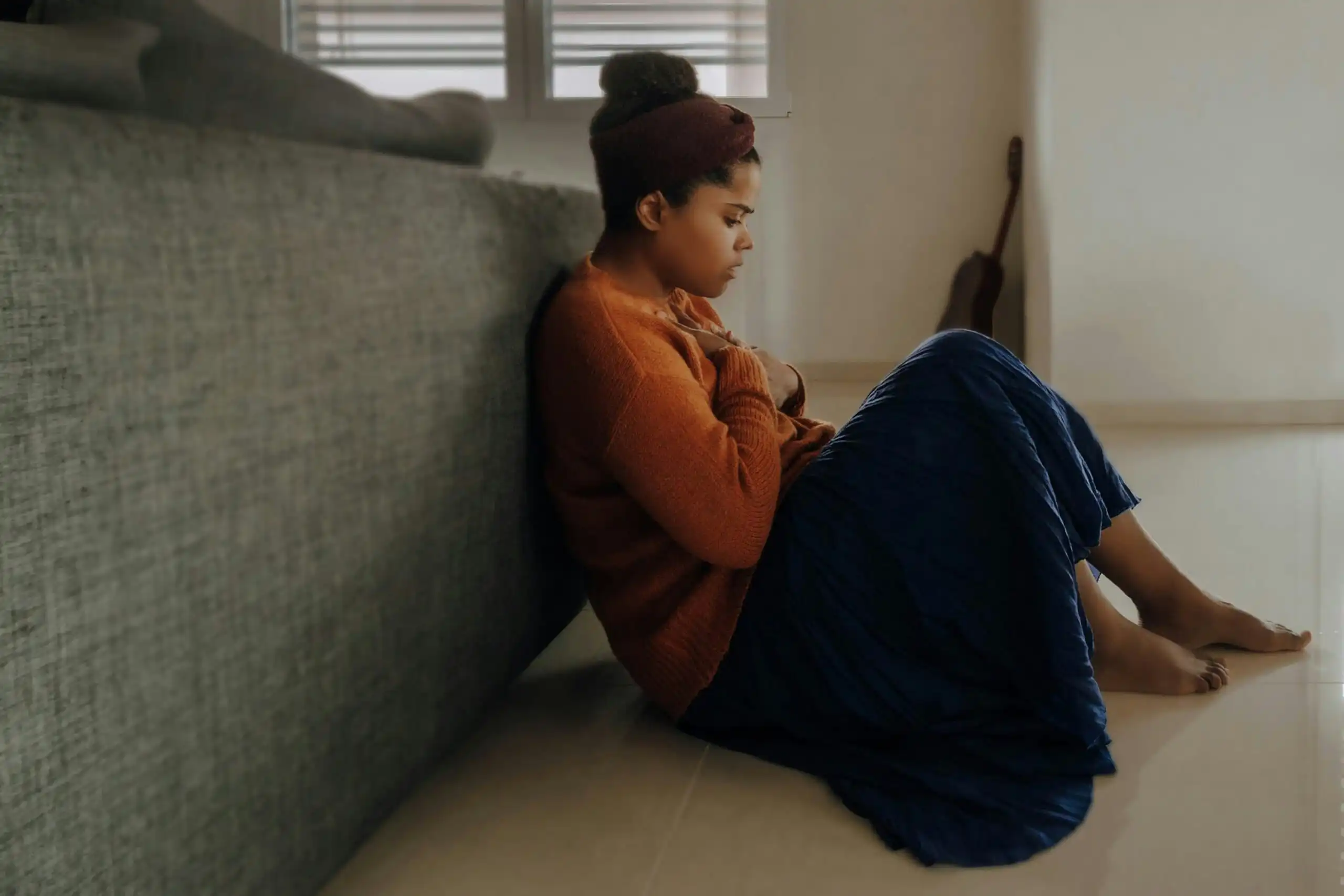What is Anxiety & How is it Treated?


Although it may sound counterintuitive, in general, anxiety is healthy. Anxiety, or stress, is what pushes us to study for that exam, prepare for the presentation, or alerts us to an unsafe situation. When does “healthy anxiety” become pathologic? Typically, when that anxiety is excessive, persistent and disproportionate to the actual threat or situation. Another clue may be that your anxiety about a specific situation or event keeps you from doing what you need or want to do, and impacts your ability to lead the type of life you want to lead.
Anxiety disorders are unfortunately quite common. In fact, they are the most common psychiatric condition in the United States affecting nearly 40 million adults, that’s more than 19% of the population! Anxiety disorders are highly treatable, with a variety of different treatment paths, yet only 36.9% of those suffering with anxiety are receiving treatment.
Before jumping into treatments, let’s explore some different types of anxiety disorders:
Generalized Anxiety Disorder (GAD): Generalized Anxiety Disorder is characterized by persistent and excessive worry about a wide range of everyday events or activities. Individuals with GAD often experience physical symptoms such as muscle tension, restlessness, fatigue, irritability, and difficulty concentrating. Symptoms must be present for at least six months to meet the diagnostic criteria for GAD.
Panic Disorder: Panic Disorder is characterized by recurrent unexpected panic attacks, which are sudden episodes of intense fear or discomfort accompanied by physical symptoms such as palpitations, sweating, trembling, shortness of breath, chest pain, nausea, and feelings of impending doom. Panic attacks can occur out of the blue or in response to specific triggers. Individuals with Panic Disorder often experience persistent worry about future panic attacks and may avoid situations or places where attacks have occurred before.
Social Anxiety Disorder (Social Phobia): Social Anxiety Disorder is characterized by an intense fear of social situations or performance situations in which the individual may be scrutinized or judged by others. People with social anxiety fear embarrassment, humiliation, or rejection and may avoid social interactions or situations that trigger their anxiety. Physical symptoms such as blushing, sweating, trembling, and nausea may accompany social anxiety.
Specific Phobias: Specific Phobias are characterized by an intense and irrational fear of specific objects, situations, or activities. Common phobias include fear of heights, spiders, flying, needles, and enclosed spaces. When exposed to the phobic stimulus, individuals may experience immediate anxiety or panic attacks. Phobias can significantly disrupt daily life and may lead to avoidance behavior.
Other Anxiety Disorders: Other anxiety disorders include Separation Anxiety Disorder, Selective Mutism, and Agoraphobia. Each of these disorders is characterized by specific fears or anxieties that significantly impact daily functioning.
What are some treatments for anxiety?
There are a variety of very effective treatments for anxiety. One of the most effective and time-tested modalities is psychotherapy. The specific type of psychotherapy recommended will depend on the type of anxiety you have, and where those fears may stem from. Another common treatment option is psychotropic or psychiatric medication. There are a number of very effective medications on the market that can target anxiety from a biochemical perspective and offer significant symptom relief. Another treatment option can be Transcranial Magnetic Stimulation (TMS), depending on your specific symptoms and presentation. Lastly, but importantly, lifestyle factors and nutrition can play a huge role in the presentation of anxiety. Creating small but intentional shifts in your daily habits, routine and environment can make a big difference in keeping anxiety to a manageable level. What we eat and when we eat it has a significant impact on our mental health. Food intolerances and major swings in blood sugar can both be culprits of anxiety. Thus, learning what to eat and when to eat it help prevent anxiety from a biological level. Finally, using nutraceuticals or herbal supplements is another treatment path for anxiety. It’s important to seek guidance from a trained professional, as supplements are not regulated by the FDA and thus are not subject to the same level of scrutiny as pharmaceutical drugs. It’s also important to understand how supplements are processed by the body and how they interact with other medications, so you can ensure there are no harmful interactions.
The “right” treatment path requires a thorough initial evaluation to determine the type of anxiety you have and explore potential root causes. At Meah Modern Psychiatry, we offer all of the above highly effective treatments for anxiety. We will work with you to dive deep into your symptoms and determine the most effective treatment path for you.
Contact us today to get started! 719-895-6324(MEAH) or connect@meahmodern.com

